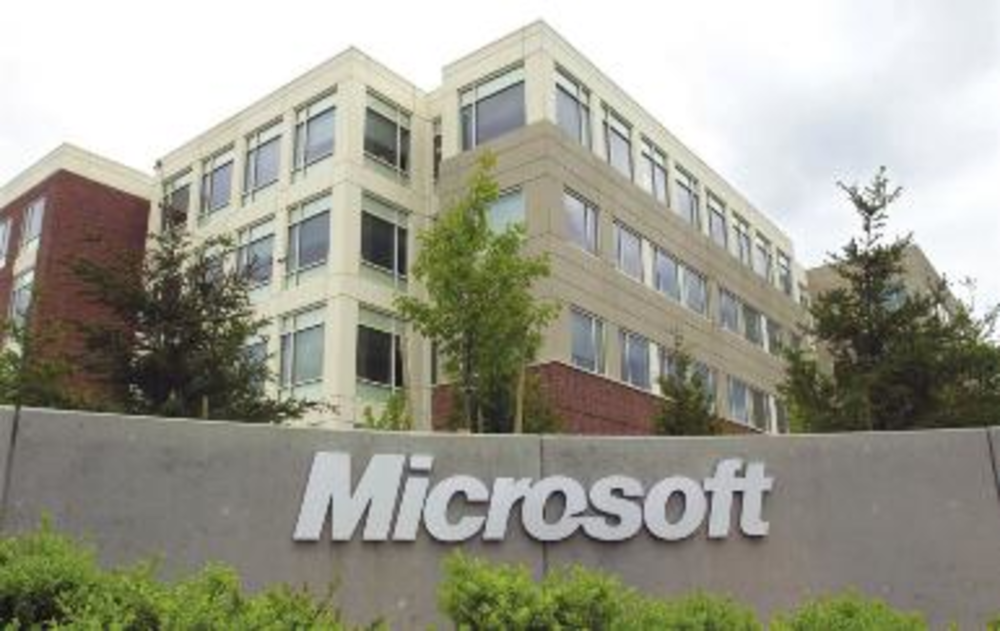Microsoft launched an ad-funded cash rebate program, called Live Search Cashback, during Advance08, the company’s advertising customer forum, on May 21.
The development has sparked debate on whether the model would succeed in driving more customers to e-commerce sites and more searchers to the technology giant’s search engines, Live.com and MSN.com.
“Microsoft aims to make Live Search the premier search engine for the growing category of search queries that help consumers conduct research and purchase goods or services, and which are critical to merchants aiming to drive online sales of their products,” said a Microsoft spokesperson, who declined to be named, in an e-mail to DMNews.
According a Nielsen Online report on the top US search providers for the month of April, MSN/Windows Live Search had a 9.7% share. Meanwhile, Google search had the top share of all searches with 62.0%, while Yahoo search has 17.5%.
“It’s a chicken and egg thing — in order to attract more marketers, you need to attract more searchers,” pointed out Steve Baldwin, editor in chief of Didit, a search engine marketing firm. “You have to try to build a critical mass.”
The cashback program is built on technology used by the social shopping engine Jellyfish.com, which was purchased by Microsoft in October of 2007. Customers who search and purchase products using Live Search cashback, whether driven there by Microsoft search engines through a paid ad or directly through a microsite at search.live.com, receive cash rebates from about 700 retail partners, such as 1-800-Flowers, Overstock.com, PetSmart and eBay.
This model has already proven to work well for a number of retailers. For example, Sean Belnick, CEO of BizChair.com, an office chair retailer, has been participating in the program for the past year or so, before Microsoft’s acquisition of Jellyfish.
“Essentially, what we’ve been able to do is figure out what our cost per customer acquisition is and we’re able to offer an amount near or equal to that as a cashback to our customer,” Belnick said. It’s a way to entice the customer to come and purchase from BizChair.com, he said.
When users search for a given product — for example, “chairs” — at the Live Search cashback site and click on a listing, the results page lists the various retailers that offer the product and the cashback rebates they’ll receive if they order.
Search results are organized by price with the best deal highlighted in blue. To receive the rebate, users have to set up an account with Microsoft. Users need a Windows Live ID to get an account.
The value for businesses is that they know exactly what their cost per acquisition will be as opposed to a pay per click model where they don’t know who’s going to be buying, Belnick said. “You might get 1,000 clicks at $1 per click and not get a single sale,” he said.
Since Microsoft relaunched it, the program hasn’t changed, although Belnick admitted that the company’s site has been getting “a little more traffic.”
David Berkowitz, director of emerging media & client strategy for SEM firm 360i, said the move was, “a new twist on comparison shopping.”
His agency has a number of clients already working with the Microsoft Live Search cashback program; he declined to name which specific clients.
The math makes sense for paid search advertisers; online retailers don’t pay a rebate unless someone places an order. However, there remains some speculation about whether the push will attract more searchers to Microsoft sites.
“It is unlikely that a lot of consumers are going to go to the cashback site on their own,” Berkowitz said.
Most likely, most of the traffic will be coming from consumers searching for good deals during a declining economy on product categories on MSN.com or Live.com, he continued.
It will be interesting to watch to see how aggressively Microsoft promotes this service, Baldwin pointed out. “Already, if you go on Google and search for ‘cashback’ a paid advertisement for Live Search cashback appears,” he noted. In fact, any product search done on Live.com or MSN.com yields a text ad for the cashback site at the top of the page.
In response to the product launch, a Google spokesperson responded with the following statement: “Search is a highly competitive industry and we welcome competition that stimulates innovation and provides users with more choice. Having great competitors is a huge benefit to us and everyone in the search space — it makes us all work harder, and at the end of the day our users benefit from that.”
When reached, competitor Yahoo declined to comment, saying that it “doesn’t comment on the business of other companies.” Microsoft is in the midst of attempts to align with Yahoo.
Microsoft has used other incentives in the past to get people to search on its properties, Berkowitz said. In 2006, for example, it launched a promotion called “MSN Search and Win.” Over a three-month period, customers had a chance to win a variety of prizes whenever they performed a search on MSN.
Baldwin noted that people have to sign up for a cashback account through Microsoft if they want to get the rebate. “They have to provide their name, address, telephone, etc.,” he said. “[Microsoft’s] amassing this very, very valuable list of people who are living in real ZIP codes,” he said. “Ithink that’s going to really give it enormous power.”








